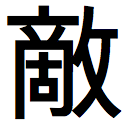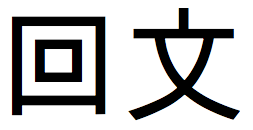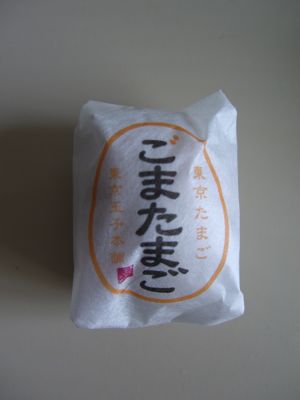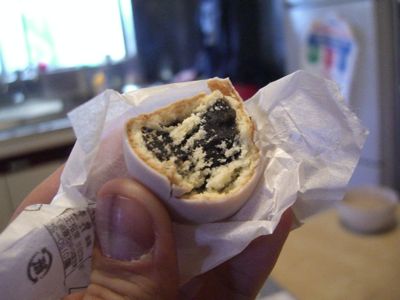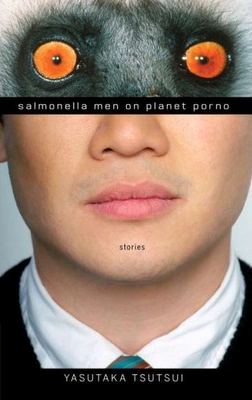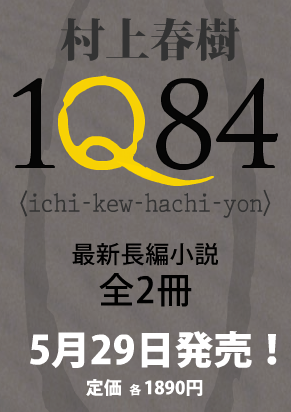
While Japanese does have a high tolerance for repetition and redundancy, it’s important to expand your vocabulary. Throwing in a 大好物 instead of 好き (for food only!), knowing how to vary your いい, using some onomatopoeia instead of regular adjectives – they’re all part of the don’t-sound-like-a-dope game we non-native speakers play.
Arguably the single most repeated phrase is the simple ありがとうございます (which I have a lot of trouble pronouncing – I hate that friggin り!). Sure, this is relatively easy to mix up with ありがとう, どうも, or even あざーす (for comedic effect), but these still lie within the sphere of the basic term for “Thank you.”
So how do you express your gratitude in a different way? The word you are looking for is 助かる. I’m sure you’re more familiar/comfortable with its transitive cousin 助ける, which means to help/save.
(Quick sidenote: if you’re trying to say help as in “help someone do relatively simple thing X,” then you’re probably looking for the verb 手伝う. 助ける is closer to “save someone’s life” than “help erase the chalkboard.”)
Don’t even think about what 助かる means – that’s not the goal here. The goal is to figure out the usage. I don’t remember a specific incident when I learned this, but I do remember the fact that people often said 助かった or 助かりました after I’d done something nice/helpful. I started throwing it around with decent results.
It doesn’t substitute for ありがとうございます in all cases, but if someone has done you a favor then 助かりました is a really nice way to say that you appreciated what they did for you, especially if the favor was unexpected. I should probably note that even the distal form of this pattern is a slightly casual – don’t go using it on the emperor.
And just for fun let’s look at it literally. I mentioned transitive up there somewhere, but I think 助かる is best considered a passive tense verb. When you say it with the zero pronoun, you become the subject of 助かりました. (私が)助かりました is what you should be thinking to yourself when you say it. Literally, (bear with me here) “I was helped.” And there’s more invisible people involved in this one word sentence, of course. The complete sentence with all invisible individuals accounted for looks like this: (私が君に)助かりました, or “I was helped by you.” In normal English, “What you did for me was a big help.” Maybe even more naturally, “I really appreciate what you did for me.”
But you don’t need to think about it too much. Just throw it out there when somebody does something nice for you. Get used to it, yo.
